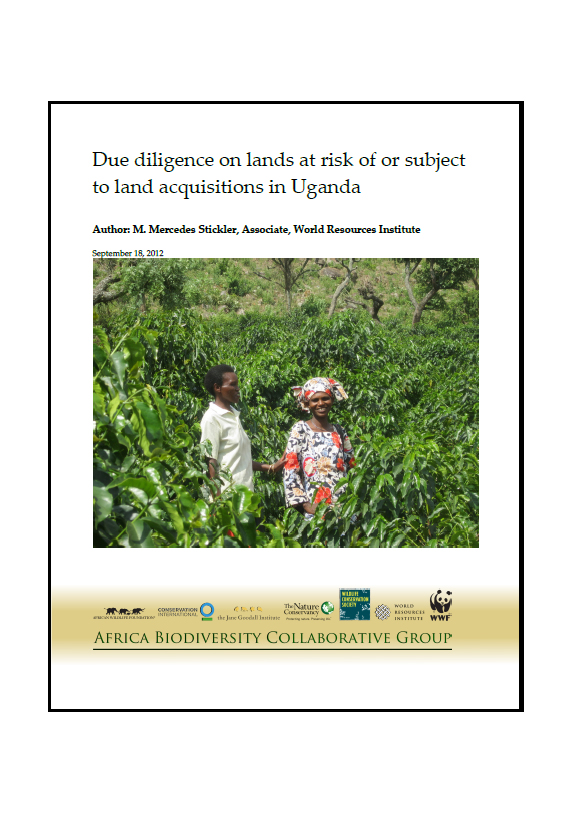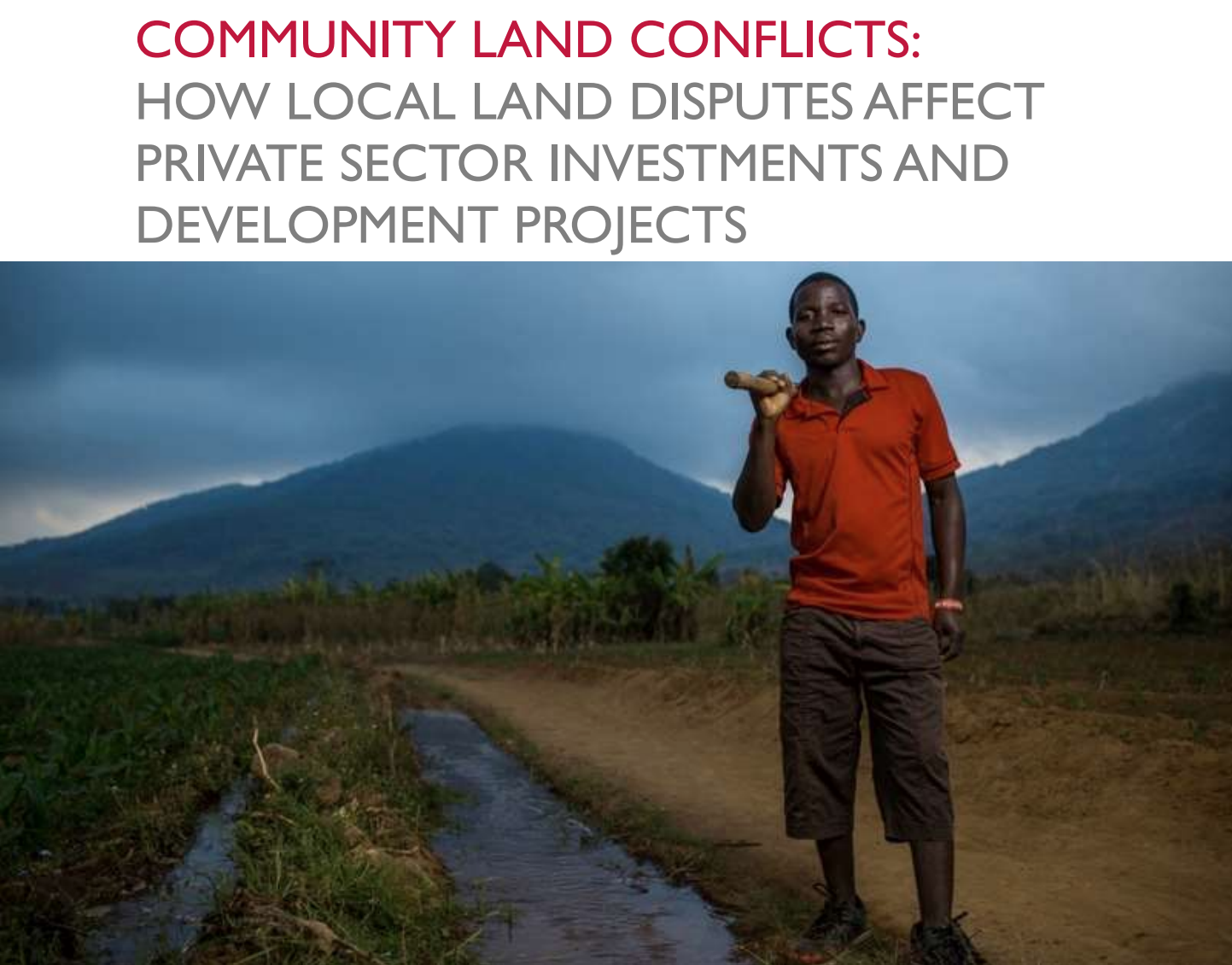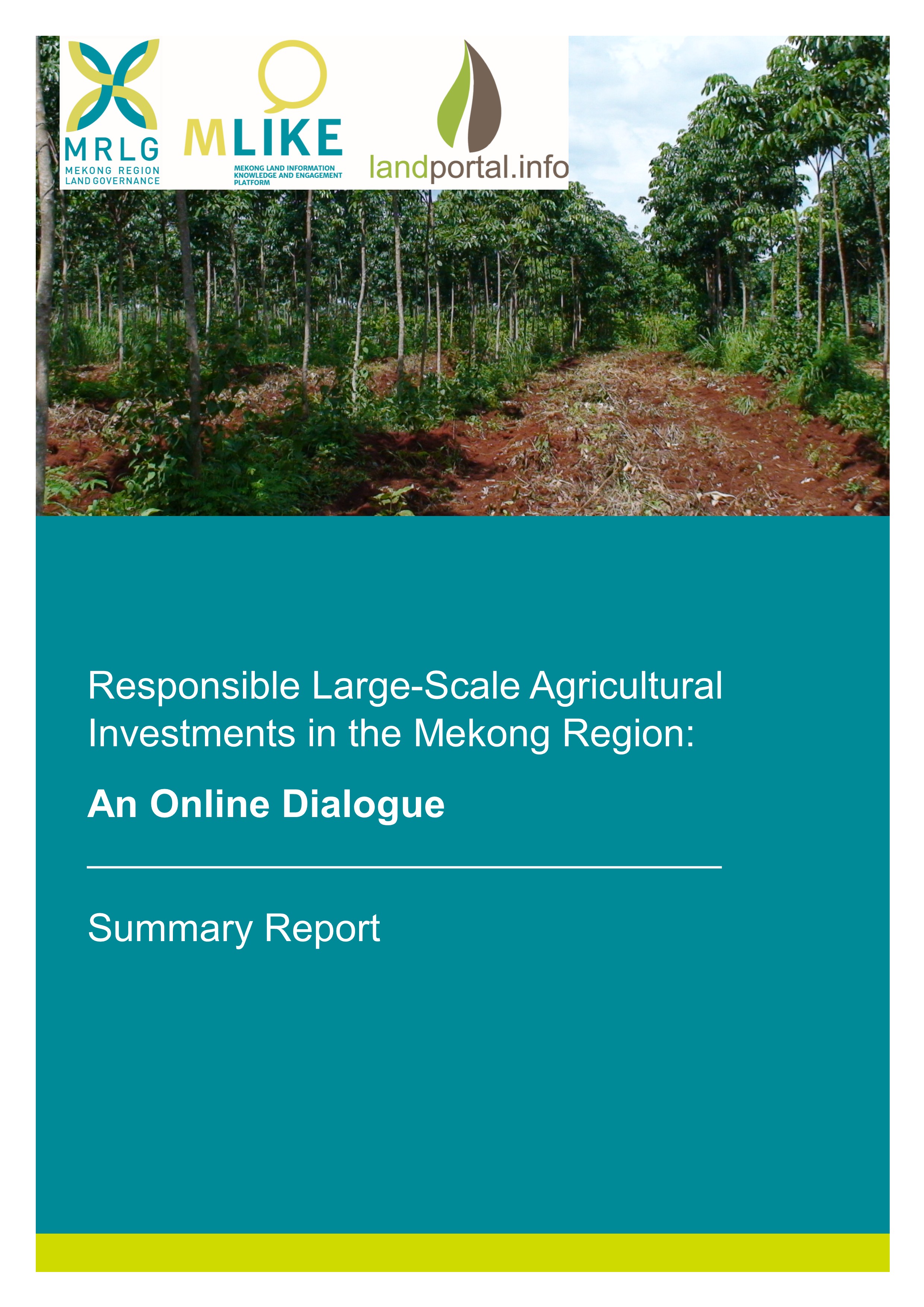Due diligence on lands at risk of or subject to land acquisitions in Uganda
This research forms part of a larger study on large-scale land acquisition in Uganda. There are three main components of this study: (1) a “risk map” that identifies areas “at risk” for land acquisition due to their high suitability for biofuel crop production; (2) a due diligence report on the existing land uses and users of land identified as “at risk” in the first activity; and (3) an assessment of the land acquisition process, including applicable social and environmental safeguards.








